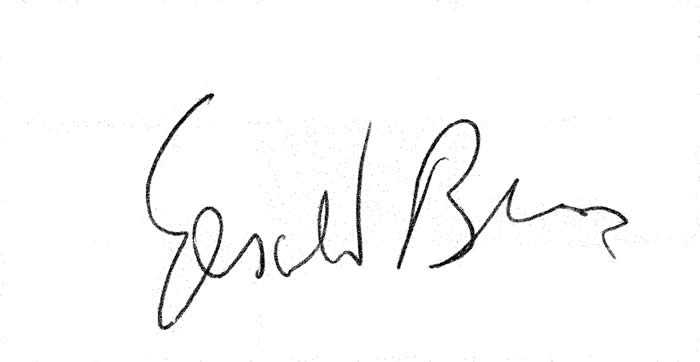
by the power of their stories. Might wins, but behind might, fable.
I watch the glimmering flecks of red in the night sky and wonder as they must
have wondered, did I see it? Color more disconcerting than lines connecting points.
A red always passing out of red like a look suppressed, self-conscious star.
So you write a novel on the death of Virgil, lines luscious as Tokay, lovely boys
producing flickers of interest, the idea being to render old-European wisdom and
Virgil who was nothing like that can't read it, wouldn't learn German to,
the long grass on gentle hills his metier, not Brocken, not Highlands, rocks
cut in runes not his favorite things, a white wine, Duty stern daughter of
anything, but written on leaves runes interest him, not the scraping and cutting
of ogham. Even Mars isn't the same thing always to everyone. Does this suggest
a social awareness, a pity? heaven forbid. That stillness so close to despair
by which even carved wood bowls described aren't Greek or even Etruscan
makes them gifts of a different kind, fashions them as if property were already
accepted, matrix including those vines I only read about, even overrun.
Being clothed or not was different back then, and writing, picking up a pen
you could do naked in your arbor, metaphor of tillage, describing pillage.

Clarice Lispector says pardon is one of the attributes of living matter. I read it after writing the above,
after a phone call from Bill Forshay saying look at the moon, eclipsed again, and the comet.
Mars took over my dreams. The three in the sky were too much. That bland innocence of assertion
is hers, not reproducible here by me. Like her in Passion Acc. G.H. I've left the ugliness of some
sentences in, phrasing I detest, and for the first time (like Christopher Coe in Such Times) apologize
for them but not as he does to keep alive a project founded on good taste. For what parts
do you apologize is a question in writing. Lispector's one of the ones you don't write after.
So badness in a thing you write, a badness, is better than Ashberyan banality, a
relaxation of standards felt by the structure, tissue, abdominal muscle sag as if Defeat
were a proper noun and Castle Defeat where victors go, familiar after absence.
Some stars do affect our lives; half the people in our workplace have left. (I miss them.)
Gertrude Stein used to wonder about Letter Prose, and never got beyond its relation to audience
though maybe it's a permissible talking to oneself, rehearsing ball and bicycle in company.
I also, whether it's real or not, feel I haven't much time, though that doesn't make you sloppy.
But I've heard, this last year, just good enough writing that wants to be good, have come to recognize,
more than I did in print, that yearning. It vexes like an accent I don't need to listen to.
So listen to it, as Gloria would say, her democratic reflexes right as rain, as David would say, words themselves
groaning like oppressed peoples. The prose with an extra message in it, washing back, nostalgia
of some Coleridgean notion of writing as a fountain, not its proper sunless sea.
![]() If antelope could write, or discarded tin cans. Glass fusing, "brown," "green" become generic,
If antelope could write, or discarded tin cans. Glass fusing, "brown," "green" become generic,
7-Up bottle equivalent to square gin, placeless Bromo-Seltzer lapis. Writers who read each other
become part of a something you don't want to call discourse, potentially free of its conventions, as I
said to Gloria a bunch of rich people, reclining at dinner, served by slaves was a symposium,
the promise of surprise, not just everyone satisfying expectations. Roles don't talk. If a writer
reads nothing but modern writers you learn a role. So Pieper or that Harvard man on the Phaedrus,
Cixous on Lispector, Derrida on Ponge or Heidegger's tasteless German, Unamuno on Quixote
seem to help, symposium of what seems damnable to call "secondary sources." Thoth
in the Phaedrus objects even to primary sources. He is very pure. Plato's text flinches, real
uneasiness that the scroll scrolls, like an aureate speech under your tunic, cinched there.
As we observe, the printed word has nothing to do with memory, is immediate or it is nothing.
Does this mean we have to prepare an illusion of freshness or immediacy? surely not.
How much can we be taxed, or afford to be taxed, for a certain inertia only superstition affects to find
Copyright Gerald Burns 1995-1997